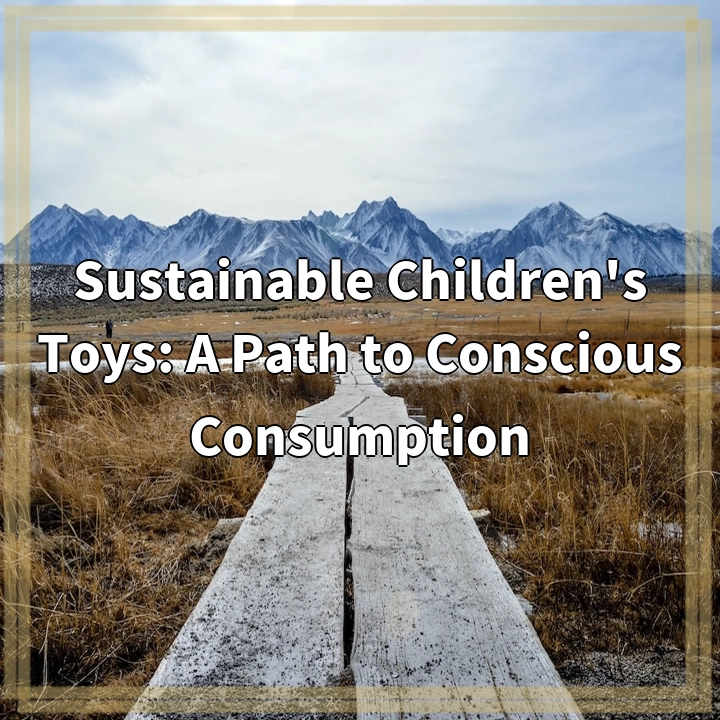
What it is:
In recent years, there has been growing awareness and interest in ethical and sustainable gift-giving among conscious shoppers. This new approach to gifting focuses on finding items that have a positive impact on people and the planet. Ethical and sustainable gifts are those that are produced and sourced in a way that respects workers’ rights, promotes fair trade, minimizes environmental harm, and supports local communities. They are an alternative to conventional gifts that often contribute to issues such as pollution, exploitation, and waste. By choosing ethical and sustainable gifts, conscious shoppers can make a difference in the world while still showing their love and appreciation for their loved ones during the holiday season.
Real-world problems associated with ethical and sustainable gift-giving:
1. Exploitative labor practices:
One of the major problems with conventional gift-giving is the prevalence of exploitative labor practices in many industries. From low wages to sweatshop conditions, workers in some factories and production facilities suffer greatly to meet the high demand for inexpensive products. Ethical and sustainable gift-giving aims to address this issue by supporting brands and companies that provide fair wages and safe working conditions for their workers.
2. Environmental degradation:
Conventional gift items, such as plastic toys and electronics, often come with a significant environmental cost. The production, packaging, and disposal of these items contribute to pollution, resource depletion, and climate change. Ethical and sustainable gift-giving seeks to minimize environmental harm by promoting eco-friendly and responsibly sourced products. This can include items made from recycled materials, organic and cruelty-free cosmetics, or gifts that support conservation efforts.
3. Unsustainable consumption patterns:
The holiday season, with its emphasis on extravagant gift-giving, can contribute to unsustainable consumption patterns. Many people end up buying items that are not truly needed or valued, resulting in waste and unnecessary resource consumption. Ethical and sustainable gift-giving encourages more conscious and intentional choices, focusing on quality over quantity and prioritizing gifts that have a lasting impact.
4. Lack of awareness and options:
One of the challenges faced by conscious shoppers is the lack of awareness and access to ethical and sustainable gift options. Many people are simply not aware of the negative impacts of conventional gift-giving or the alternatives available to them. Additionally, finding ethical and sustainable gifts can sometimes be challenging due to limited availability or higher prices. However, as awareness grows and demand increases, more brands and retailers are starting to offer a wider range of ethical and sustainable gift options.

Solutions for Ethical and Sustainable Gift-Giving:
1. Supporting ethical and fair trade brands:
By consciously choosing gifts from brands that prioritize fair labor practices, conscious shoppers can support workers’ rights and fair wages. Look for certifications like Fair Trade or Ethical Trade to ensure that the products have been produced under ethical conditions. This helps create a demand for ethical production and encourages companies to improve their practices.
2. Choosing sustainable materials:
Opting for gifts made from sustainable materials can help reduce the environmental impact of gift-giving. Look for items made from recycled or upcycled materials, organic and natural fibers, or sustainably sourced wood. By selecting gifts that have been responsibly produced, conscious shoppers can contribute to reducing waste and resource consumption.
3. Supporting local and small businesses:
One way to promote ethical and sustainable gift-giving is by supporting local and small businesses. These businesses often have a smaller environmental footprint compared to large corporations. They may also prioritize fair labor practices and contribute to the local economy. Explore local markets, craft fairs, and online platforms that showcase products from small-scale artisans and entrepreneurs.
4. Prioritizing experiences over material gifts:
Consider giving the gift of experiences rather than physical items. This could include concert tickets, workshops, or a subscription to a service. Experiences not only create memories but also often have a smaller environmental impact compared to material goods. Additionally, they can support local businesses in the entertainment, arts, or hospitality industries.
5. Educating and raising awareness:
Taking the time to educate friends and family about the importance of ethical and sustainable gift-giving can help create a larger impact. Start conversations about the negative impacts of conventional gift-giving and share ideas for ethical alternatives. Encourage others to consider the environmental and social implications of their gift choices, making them more mindful of their consumption habits.















